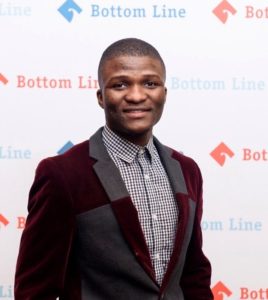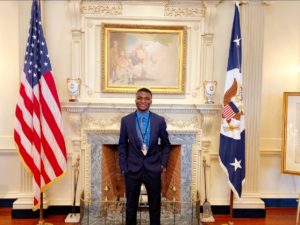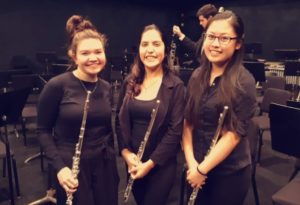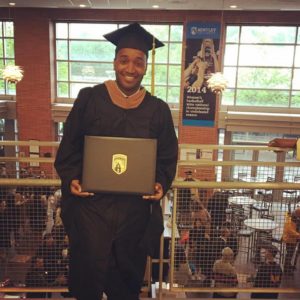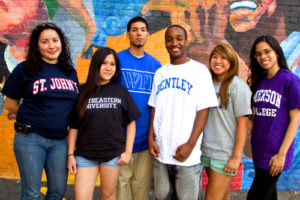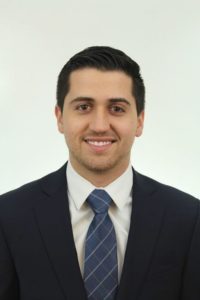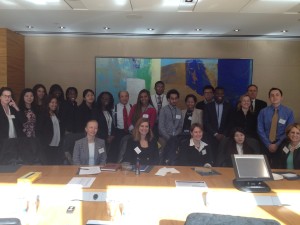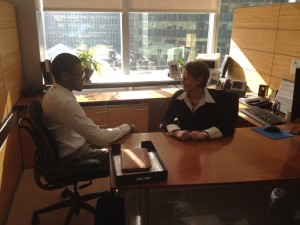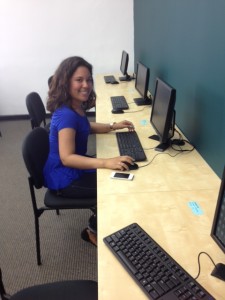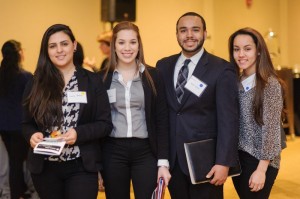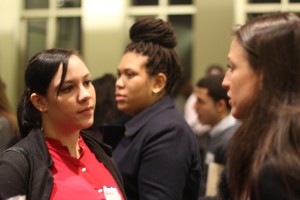So, how can students from low-income backgrounds, who may not have the inherited networks that their peers from higher-income backgrounds have, achieve a high-quality first destination? Through career-readiness programs, like ours.
According to the National Association of Colleges and Employers(NACE), students need to be proficient in eight different competencies to ensure that students have a successful transition to work. Those competencies are critical thinking/problem solving, oral/written communications, teamwork/collaboration, digital technology, leadership, professionalism/work ethic, career management, and global/intercultural fluency.
Many of these competencies are learned through career experience. So, there is a challenge to find a high-quality first destination while someone is developing these competencies. But, with access to opportunities such as internships, work experience, and on-campus activities, students can learn, grow, and develop these competencies.
We support students by offering individualized, one-on-one services as part of our Success program as well as specialized career events. These services and events support:
- Career exploration and planning
- Gaining career-relevant experience during college
- Developing the tools and skills needed to manage a job search
- Building and maintaining professional relationships
We also expect all students in our program to reach certain milestones. We know that career exploration and preparation is not linear, but we also want students to be clear on how they can make progress.
What does this look like in person? Meet Daniel.
Daniel Figueiredo is a 2015 graduate from Worcester State University. When he was five years old, he moved with his parents and one-year-old sister to Worcester from Southern Brazil. He remembers his parents putting in long hours – first at a chocolate-making factory and later at UMass Memorial where his father worked in maintenance services and mom in patient services.
His parents told him they were working hard so that their children could access a great education. “I felt a responsibility to take advantage of an opportunity that my parents didn’t have back in Brazil,” Daniel recounts.
He began as a math major at Worcester State where he balanced a full course load while working up to 20 hours a week. Despite not being thrilled with his initial decision as a math major, Daniel studied adamantly and his performance in calculus earned him a position as a math tutor for other students. Throughout his time in college, Daniel worked with his Bottom Line advisors to help clarify the direction he saw for his future.
“I wasn’t sold on my major, my advisor helped me narrow my interests down and research careers that may be a better fit for me. I began to read a lot about careers in business and finance and began to picture myself in these jobs. Bottom Line helped me connect with professionals working in the industry to learn more about their career paths and their day to day reality.”
Daniel ultimately majored in Business Administration with a concentration in Finance and double minored in Economics and Spanish. He worked hard to earn a 3.7 magna cum laude and made time for a variety of extracurricular and leadership activities including the Commonwealth Honors Club and serving as the Treasurer and later President of the Enactus Club. Upon declaring his business major, he continuously sought out opportunities to be involved in his campus and community and to gain relevant experience.
Employers often report that college graduates would be more prepared for work if they had more hands-on, applied learning experiences. Daniel was well aware of the importance of developing a cadre of career-relevant experiences during college. He worked with his Bottom Line advisors to apply for and earn multiple opportunities including a role as a bank teller with Bank of America, a management intern at Stop and Shop, and a consumer insights intern at Sun Life Financial.
Only 35 percent of current college students feel that their current college experience is preparing them for a career post-graduation. Daniel found his internships were key to kick-starting his career. “The internships I was able to gain through the help of Bottom Line were key in helping me land my full-time job offer.”
Daniel’s junior year internship at Sun Life was designed as a feeder program for the company’s competitive Rotational Leadership Development Program (RLDP). As an intern, he learned about the insurance field and how marketing projects are designed and implemented.
Two weeks into the beginning of his senior year, Daniel was offered a full-time role with Sun Life’s RLDP to begin upon graduation. The program is designed to expose entry-level employees to the company’s strategy, the variety of roles available, and help them practice the skills that will be key in supporting their leadership ability at the company and beyond. Throughout the rotational program, Daniel worked in investment underwriting, finance, and asset liability management. Daniel was able to gain clarity on his interests and skills to shape his path at the company, now working full time as a credit investment analyst for the Sun Life Investment Management division.
Daniel describes the company as very career-oriented and well-aligned with his values of being a lifelong learner. He continues to be unwaveringly focused on building his skills and preparing for the next opportunity.
“Sitting down with an advisor at Bottom Line and reflecting on my skills and goals, my plan for succeeding in school, and my vision for myself post-graduation was very powerful. Taking time to plan your path and talk about it out loud not only helps to bring clarity but also accountability to follow through on the goals you set for yourself.”
Daniel was able to land a first destination that aligns with his career goals, interests, and believes in continuous education because of his motivation to succeed and take advantage of the opportunities his parents created for him. With Bottom Line’s support and guidance, he was able to learn what steps he needed to take to ensure that success and direct his motivation in a way that achieved his personal career goals.
Daniel’s story resonates with thousands of Bottom Line students. With over 2,800 alumni, we know the talent that exists in our cities and are motivated by the role we’ve been able to play in helping students access their potential.
But we are also motivated by the opportunity to do more. Imagine how much healthier our cities would be if students from all communities were able to progress into careers that allowed them to thrive if the financial resources you were born with did not determine your ability to get a job that would best allow you to support a family of your own.

